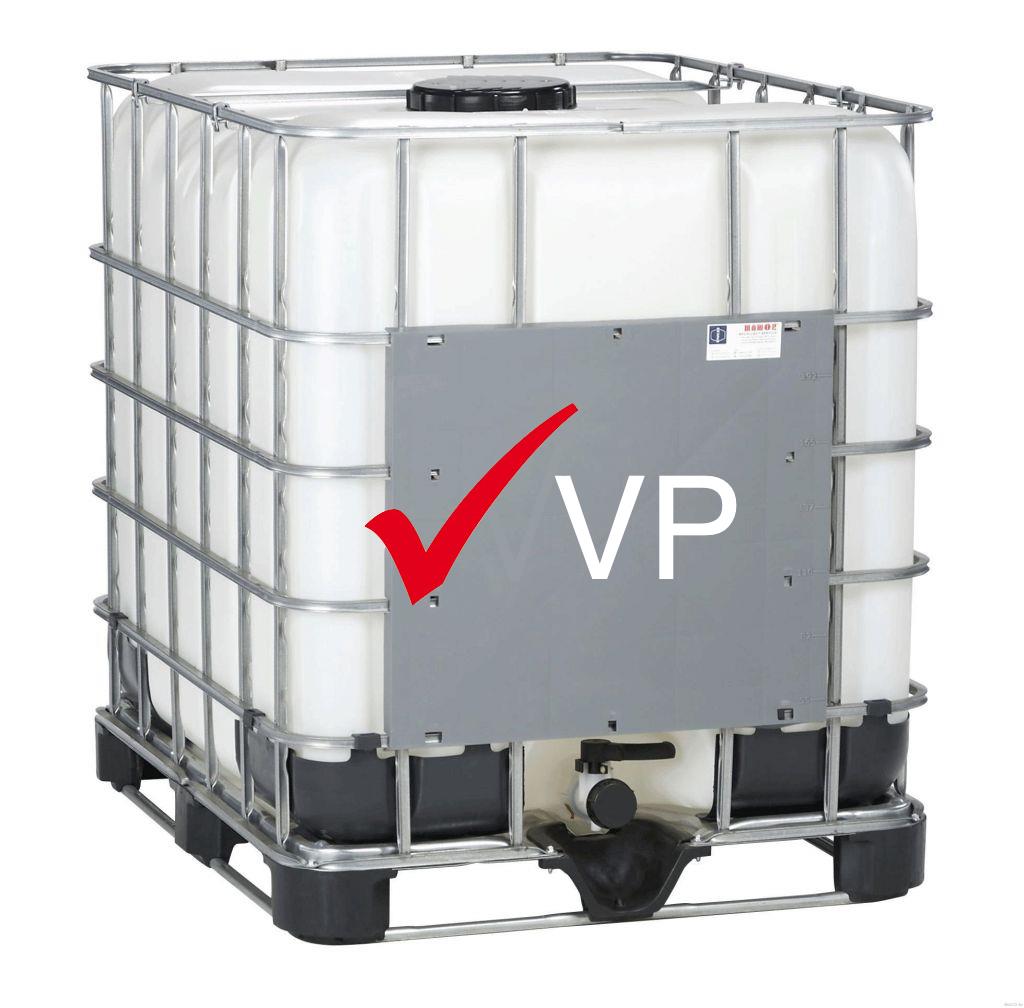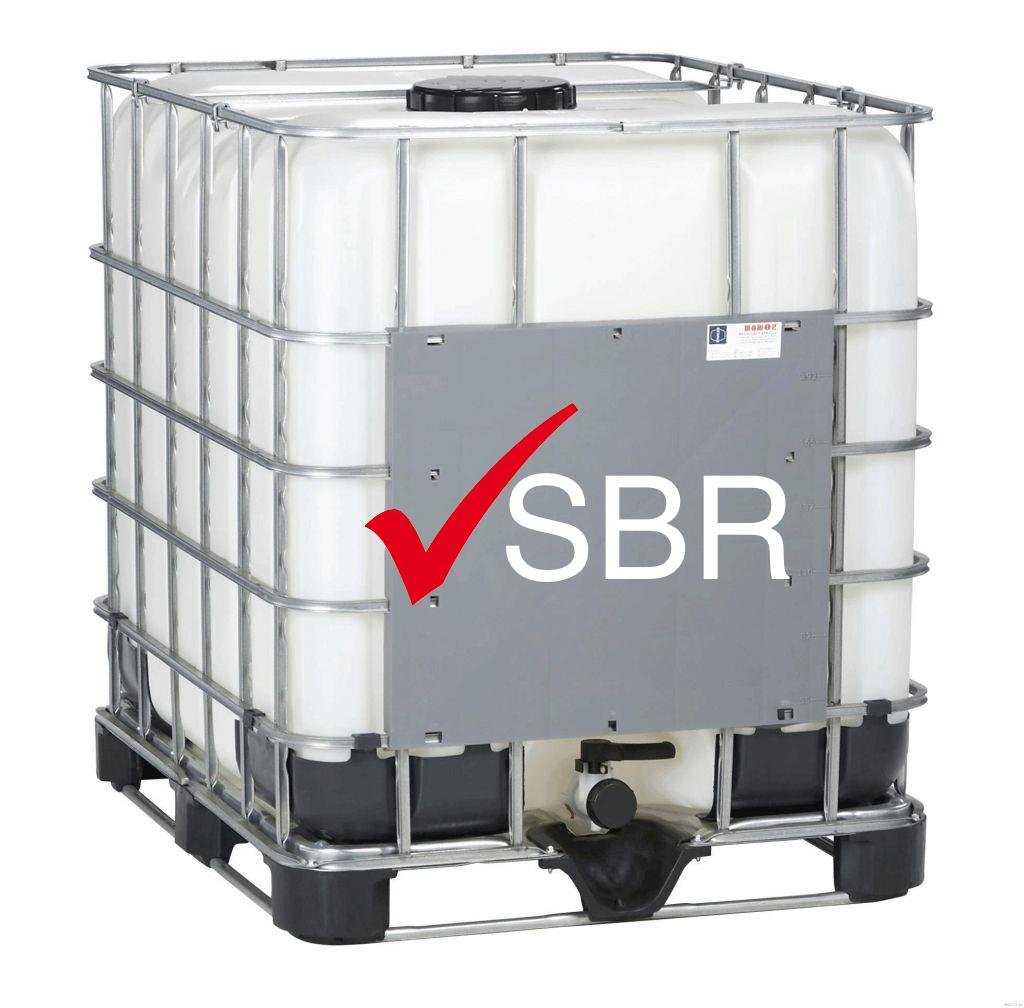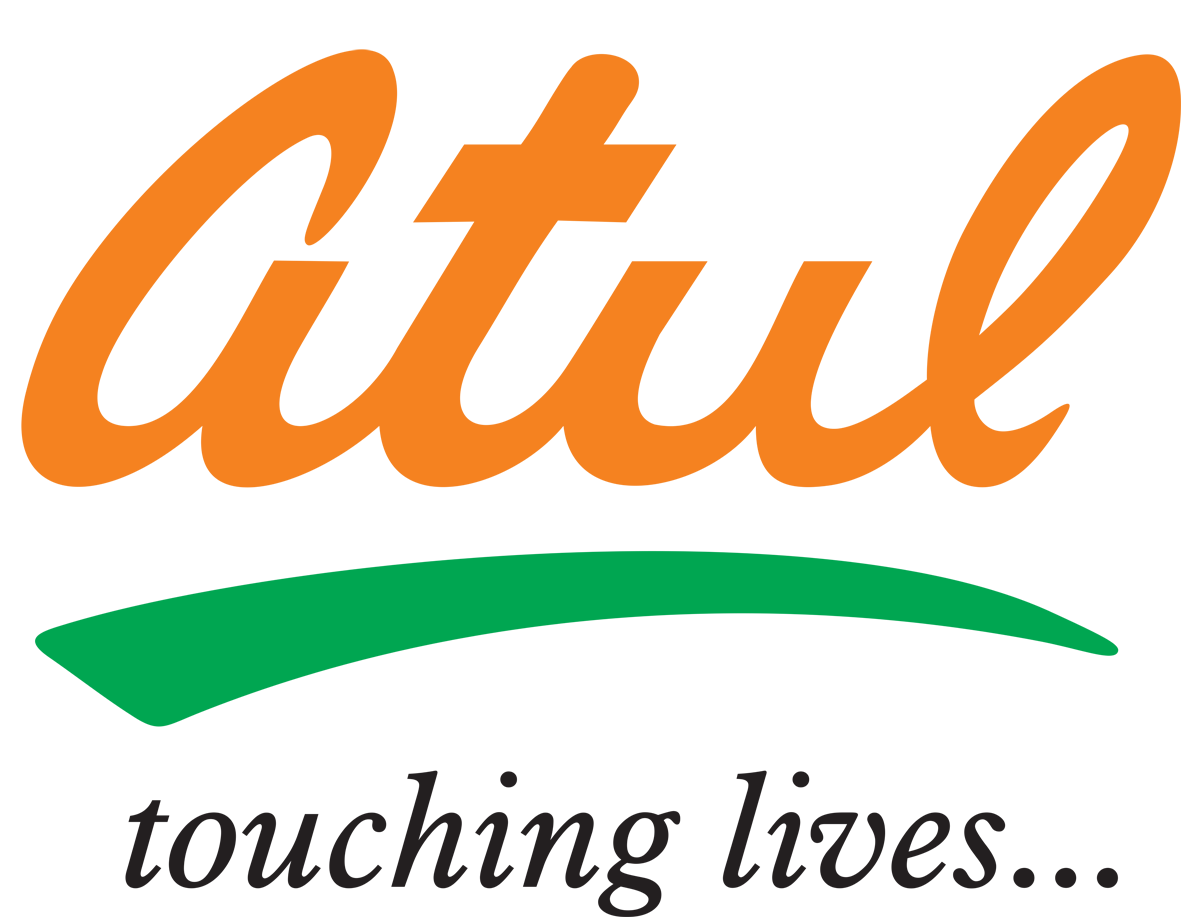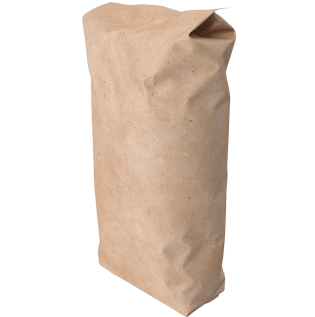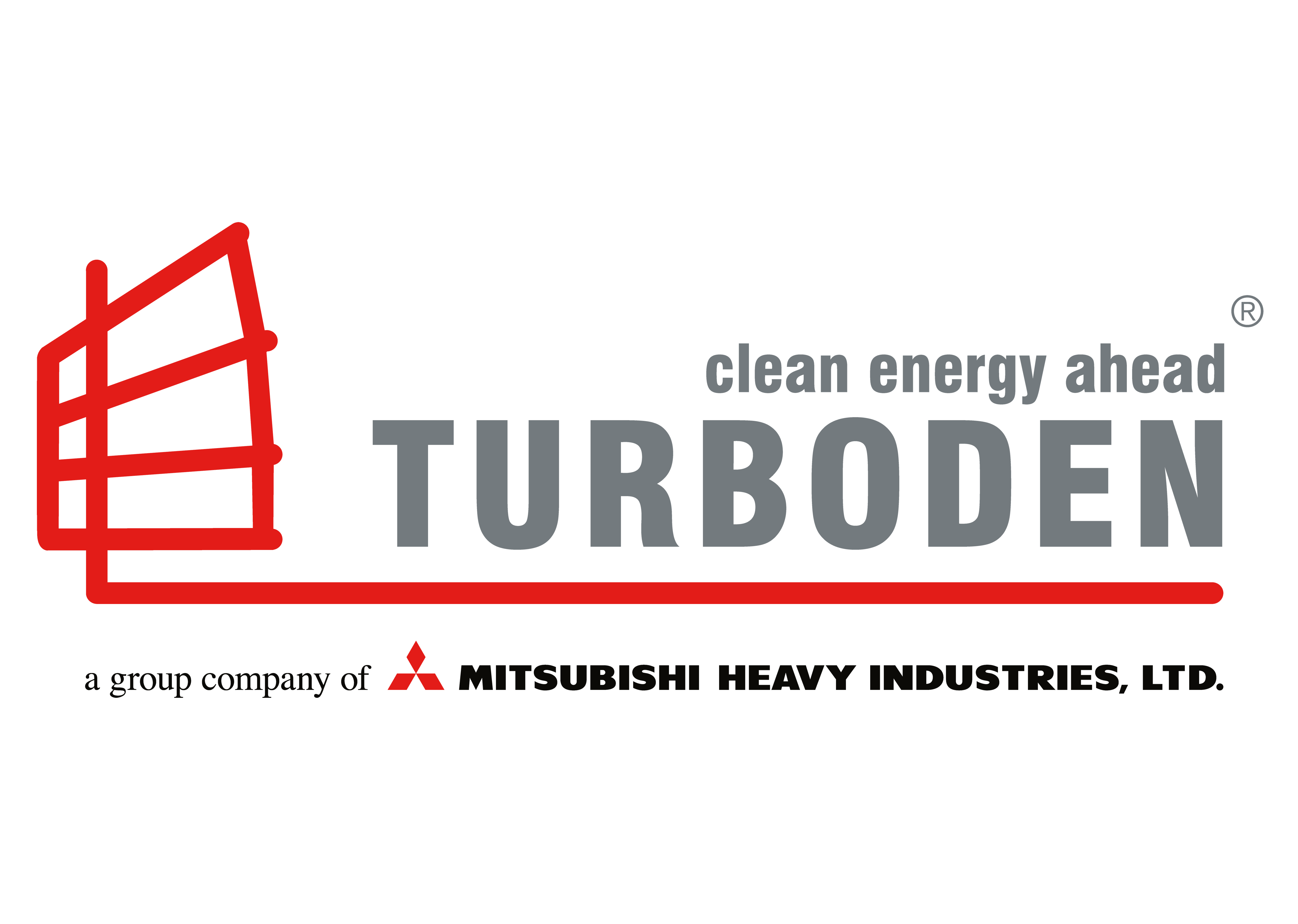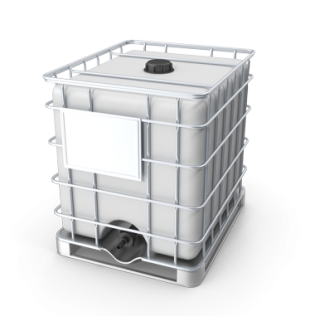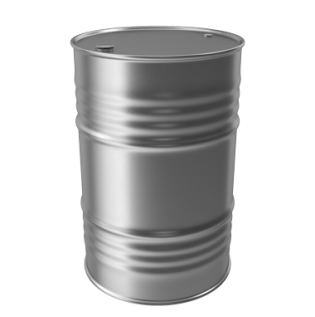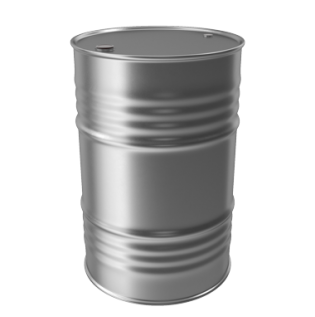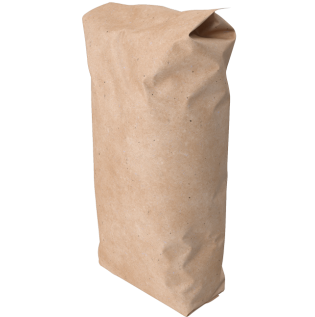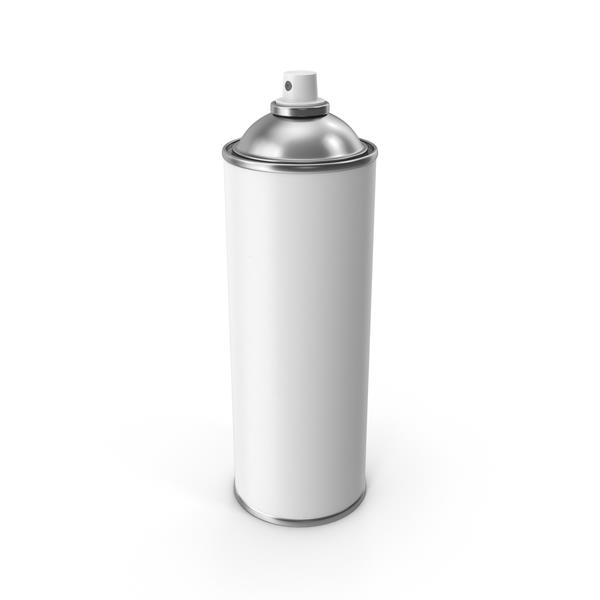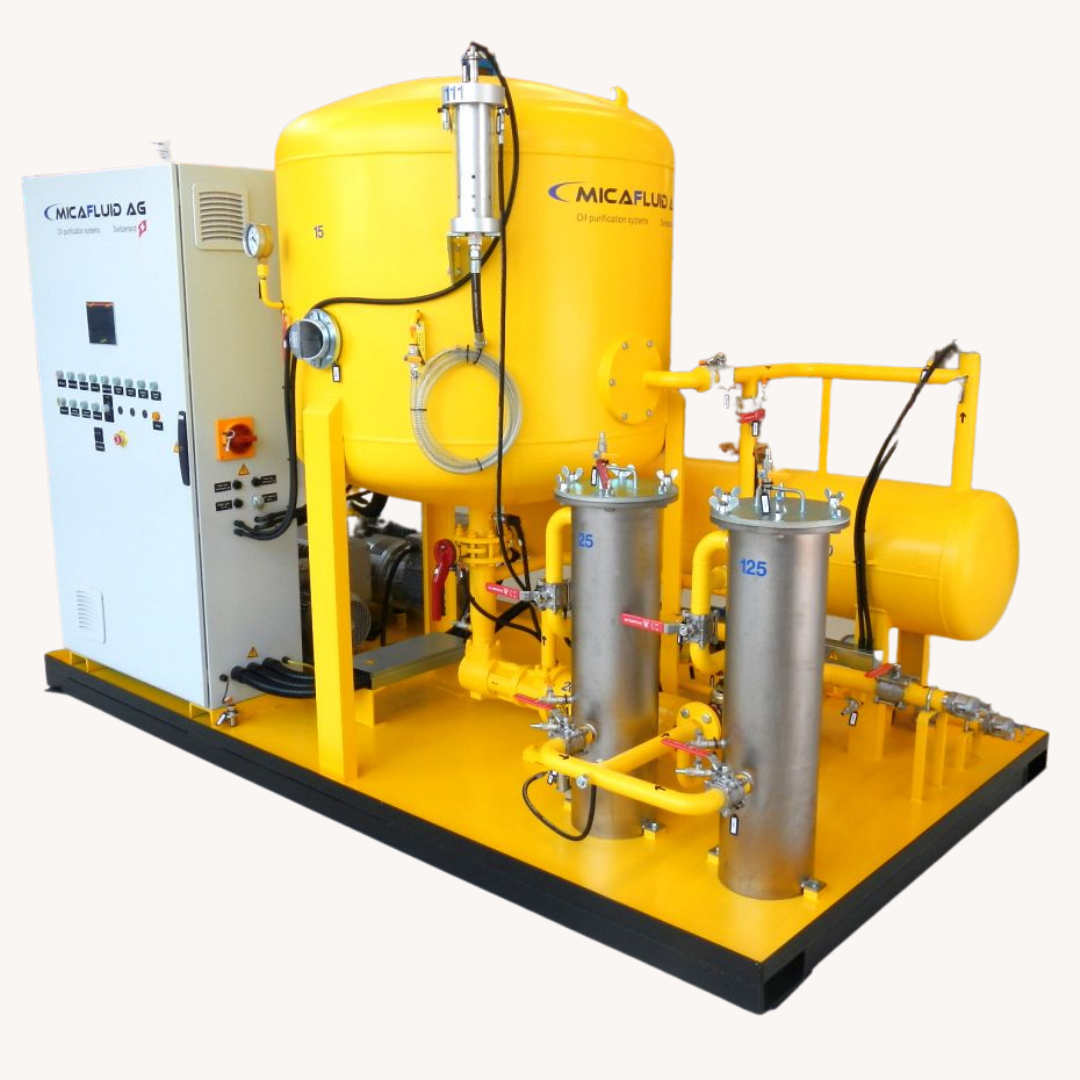Knowledge Blog
SKYDROL PE-5 aviation hydraulic fluid - Frequently Asked Questions
Learn about the most asked questions for our SKYDROL PE-5 aviation hydraulic fluid. […]
Siyanoakrilat Yapıştırıcılar Hakkında
Siyanoakrilat Yapıştırıcılar Hakkında […]
Endüstride Kullanılan Reçineler
Therminol Advantages

Eastman Therminol ® heat transfer fluids provide precise temperature control in a variety of applications it is designed to. Across all temperature December, our solutions ensure system reliability and stability they maintain and, when used correctly, provide years of trouble-free service with minimal downtime. […]
TLC Total Lifecycle Care®

The TLC Total Lifecycle Care® program from Eastman is designed to support Therminol customers throughout their systems' life cycle. This comprehensive program includes sample analysis, system design support, operational training, safety awareness training, start-up assistance, flush and refill fluids, and our fluid trade-in program. […]
Resins for Potting and Encapsulation in the Electronics and Electrical
Effective Resin Chemistries for the Protection of Electronic Component

Alistair Little, Technical Director of Electrolube’s global resins business, describes the different types of circuit and component encapsulating resins, providing some background on their properties and applications, with examples from Electrolube’s own product portfolio. Resins are widely used for potting and encapsulation in the electronics and electrical industries, and are generally found in three major categories, depending on their chemistry; epoxy, urethane and silicone. Electrolube develops, manufactures and supports a wide variety of resin products within these categories. […]
Polyurethane Potting Compounds – Enhanced Protection for LEDs in Chall

Over the past 10 years the use of LEDs for home and commercial lighting has increased exponentially, with a wide range of applications and specialist features that incandescent and fluorescent lighting systems simply cannot meet. The improvements in the efficiency of the LED over the past few years has also lead to a considerable improvement in the lifespan of the component, which is now substantially greater than both the traditional incandescent and fluorescent lighting technologies. This has meant that for a number of applications, LED lighting is now regarded as very low or even maintenance free, and is widely used for road, traffic and vehicle lighting. […]
Key Factors for Flexible Resins and Potting Sensitive Components
Heat transfer fluid—Q&A
WHY DIDN’T MY THREAD SEALANT CURE?

Anaerobic thread sealant (pipe sealant) fills all of the voids or airspace between metal threads creating a permanent plastic seal. They do not shrink or relax over time. Anaerobic adhesives and sealants require only two conditions to cure. They are 1. The presence of metal ions and 2. The absence of oxygen. Seems easy enough right? Yes and no. Following are some common issues that can adversely affect curing thread sealants. […]
Conformal Coatings and Resins: Their Role in Protecting LED Lighting
Key Benefits of Resins & Their Differences To Coatings

Encapsulation resins are available in many forms with numerous properties that would challenge even the most diligent chemist. Whilst we appreciate that most manufacturers simply want a resin to do the job without wading through all the subtleties a resin has to offer, we also understand how critical it is to get the product detail right in order to make product selection as painless as possible. With so many varying options to protect electronic circuitry, there’s a lot of ground to cover, and depending on the application, sometimes a conformal coating may be more suitable, particularly with the two-part coating series that performs like a resin. […]




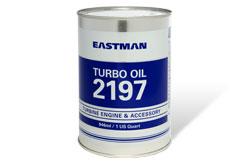
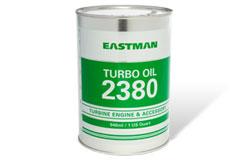
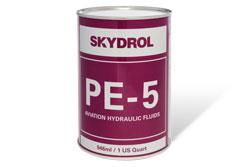
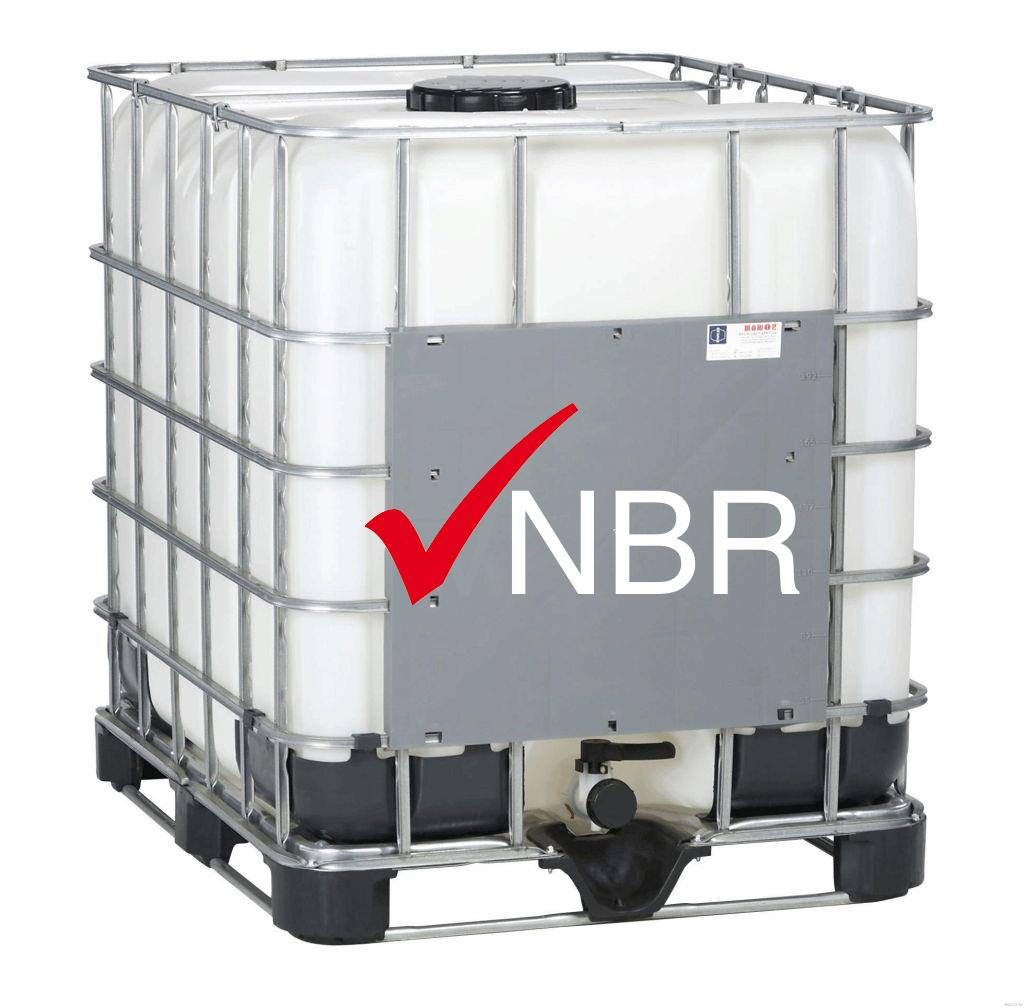
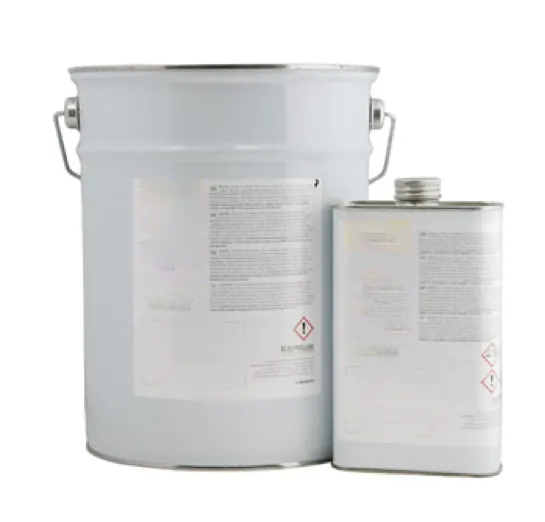
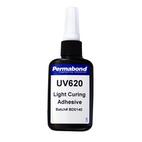
 Permabond
Permabond Demak
Demak Therminol
Therminol Eastman Aviation
Eastman Aviation LEFA
LEFA Marlotherm
Marlotherm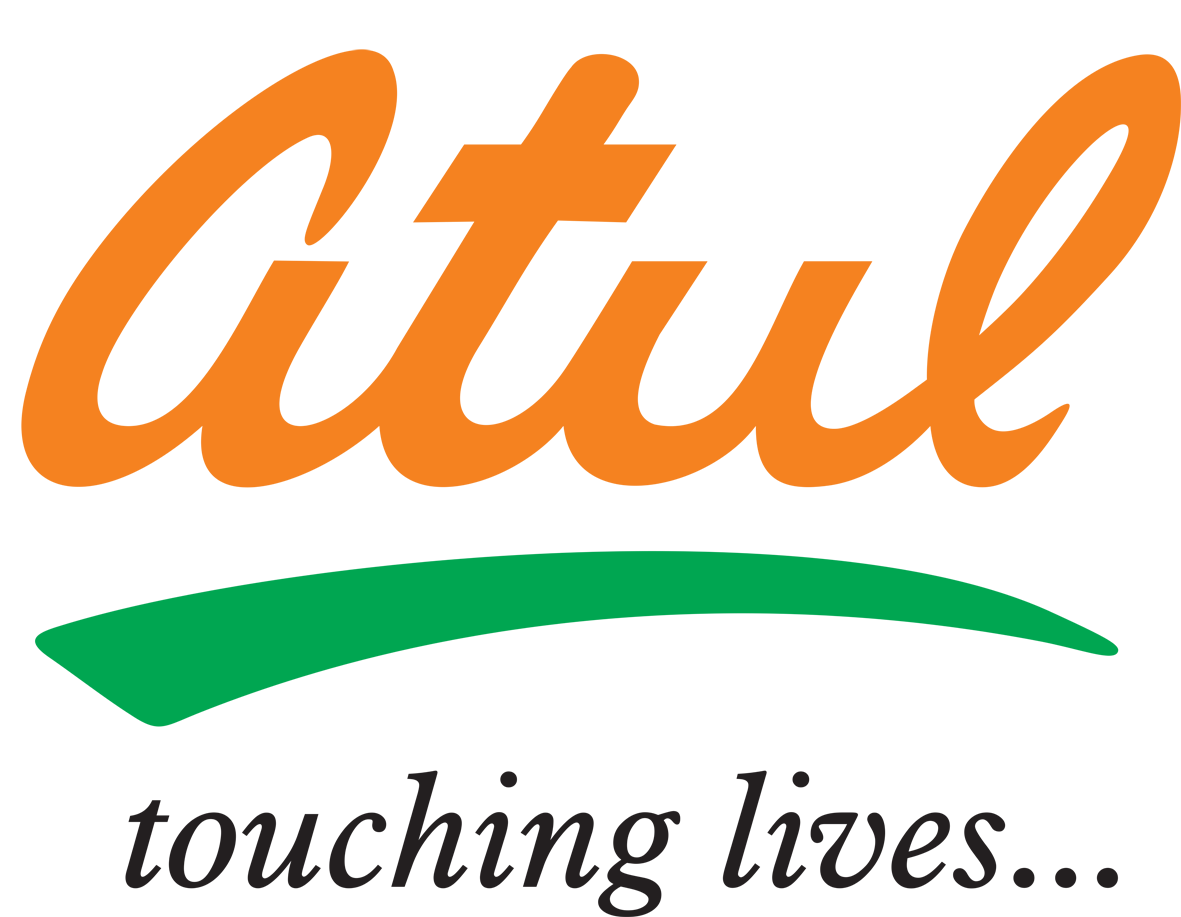 Atul
Atul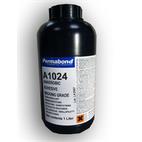 Anaerobics
Anaerobics
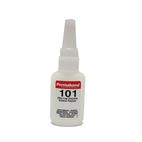 Cyanoacrylates
Cyanoacrylates
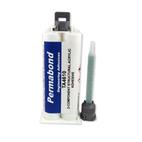 Structural Acrylics
Structural Acrylics
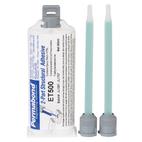 2-Part Epoxies
2-Part Epoxies
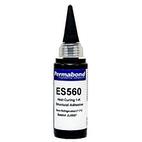 1-Part Epoxies
1-Part Epoxies
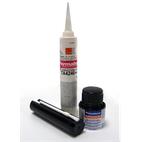 Polyurethane Adhesives
Polyurethane Adhesives
 UV Adhesives
UV Adhesives
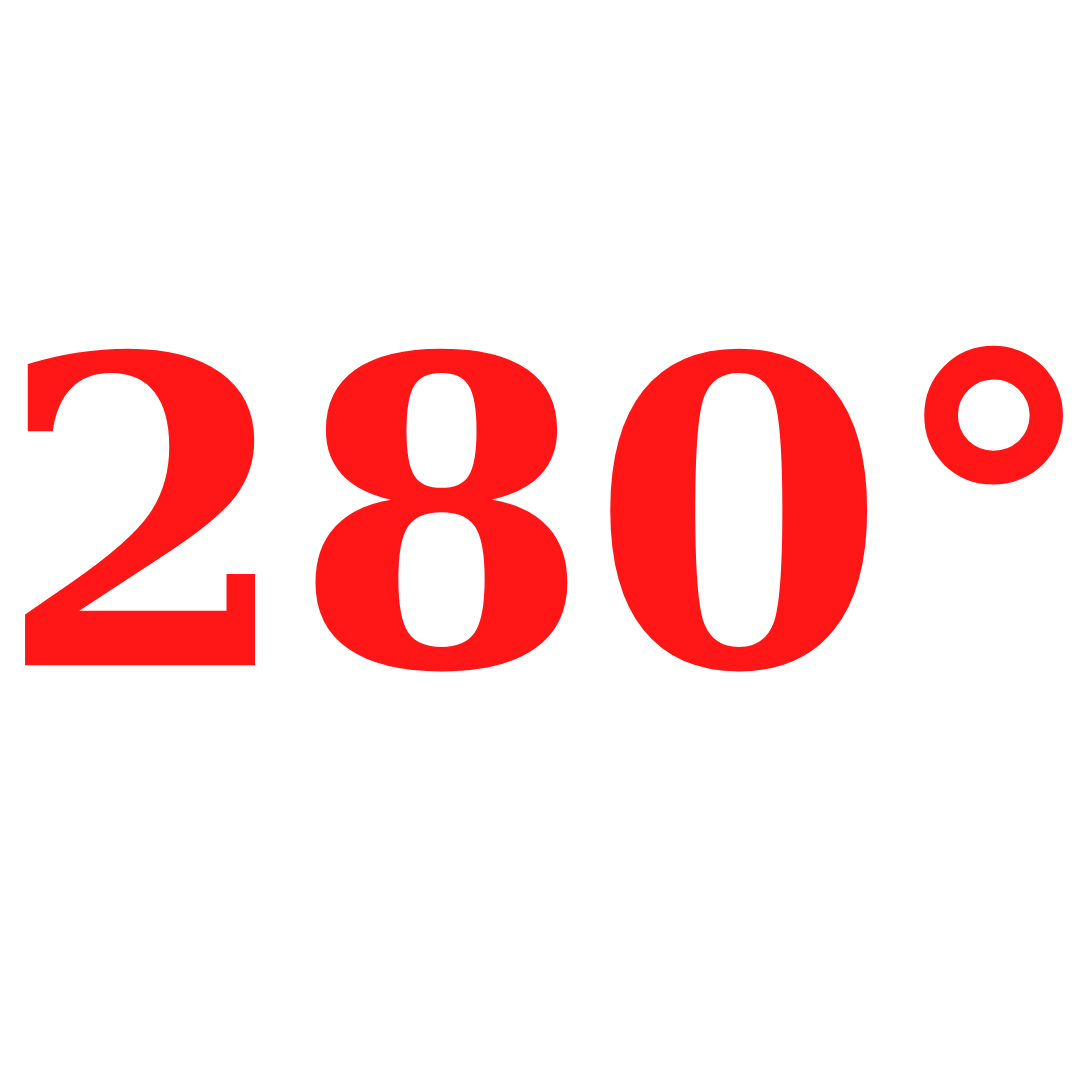 Low Temperature
Low Temperature
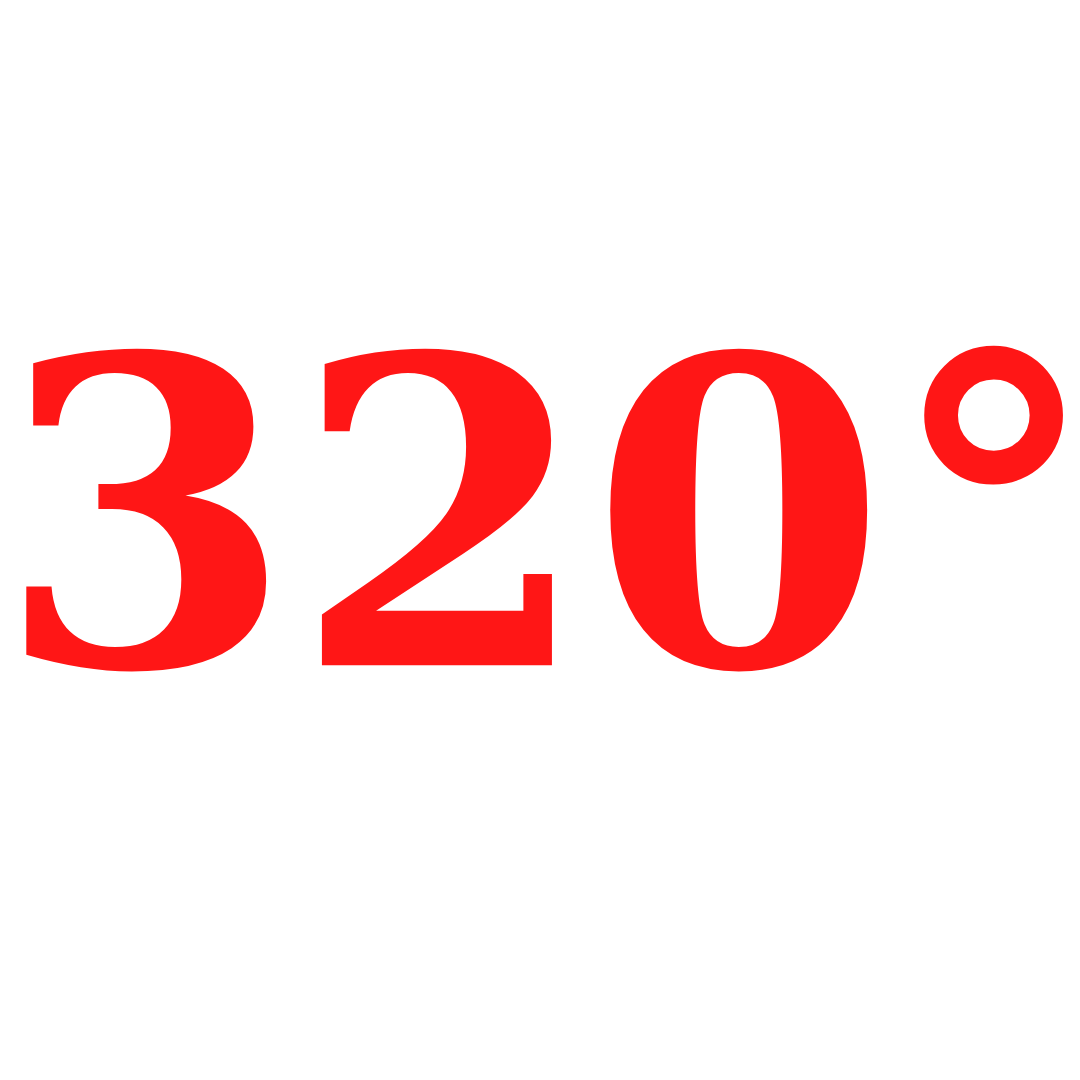 Mid Temperature
Mid Temperature
 High Temperature
High Temperature
 Vapour Phase
Vapour Phase
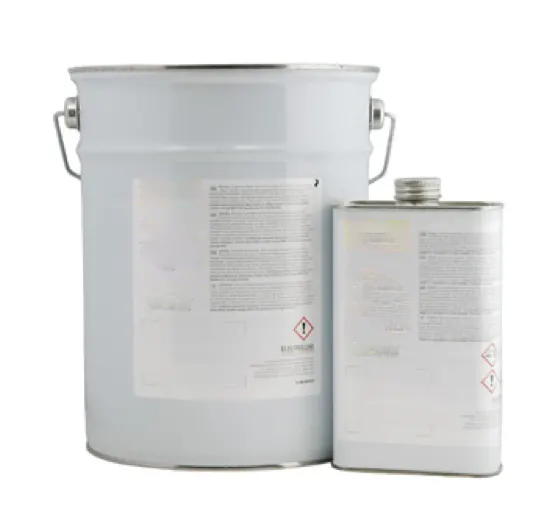
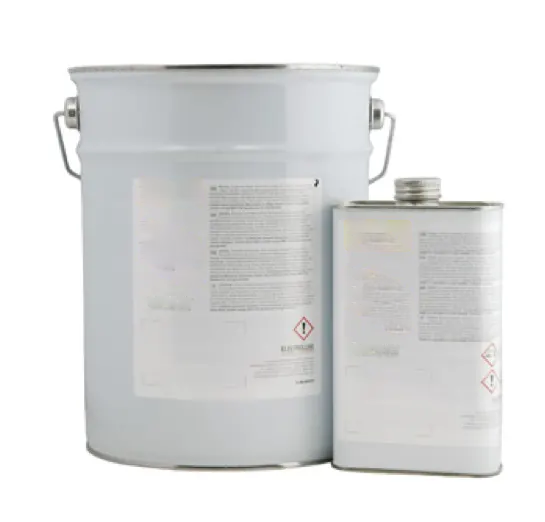
.png)
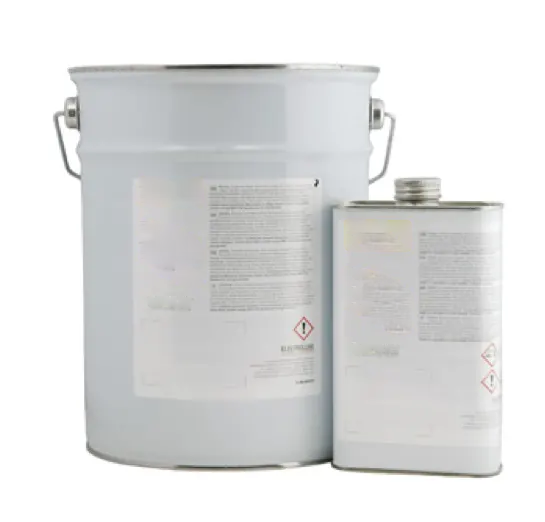
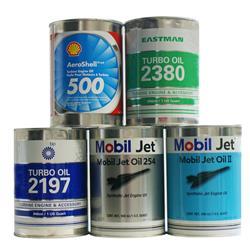 Turbine Engine Oil
Turbine Engine Oil
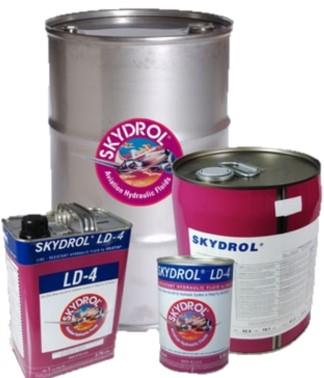 Hydraulic Fluids
Hydraulic Fluids
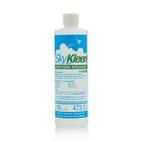 Cleaners
Cleaners
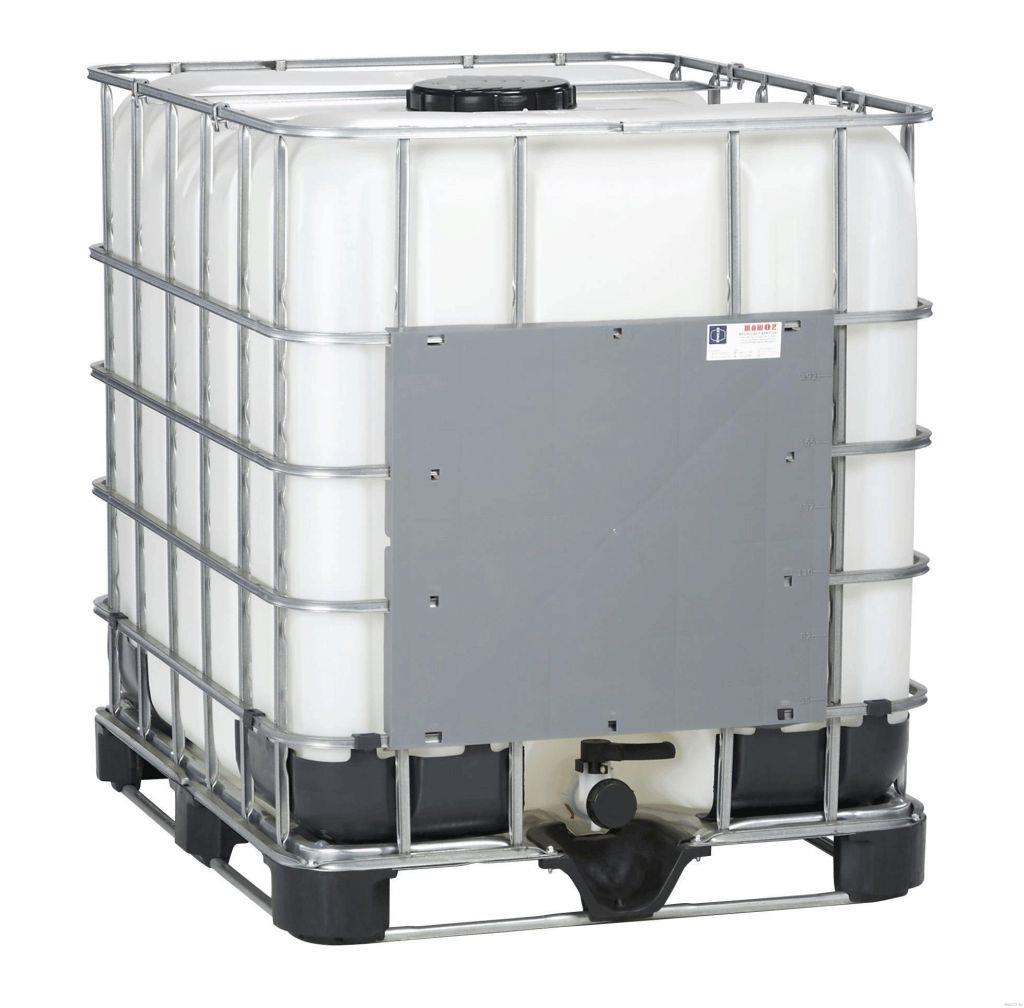 Anti Icing
Anti Icing
